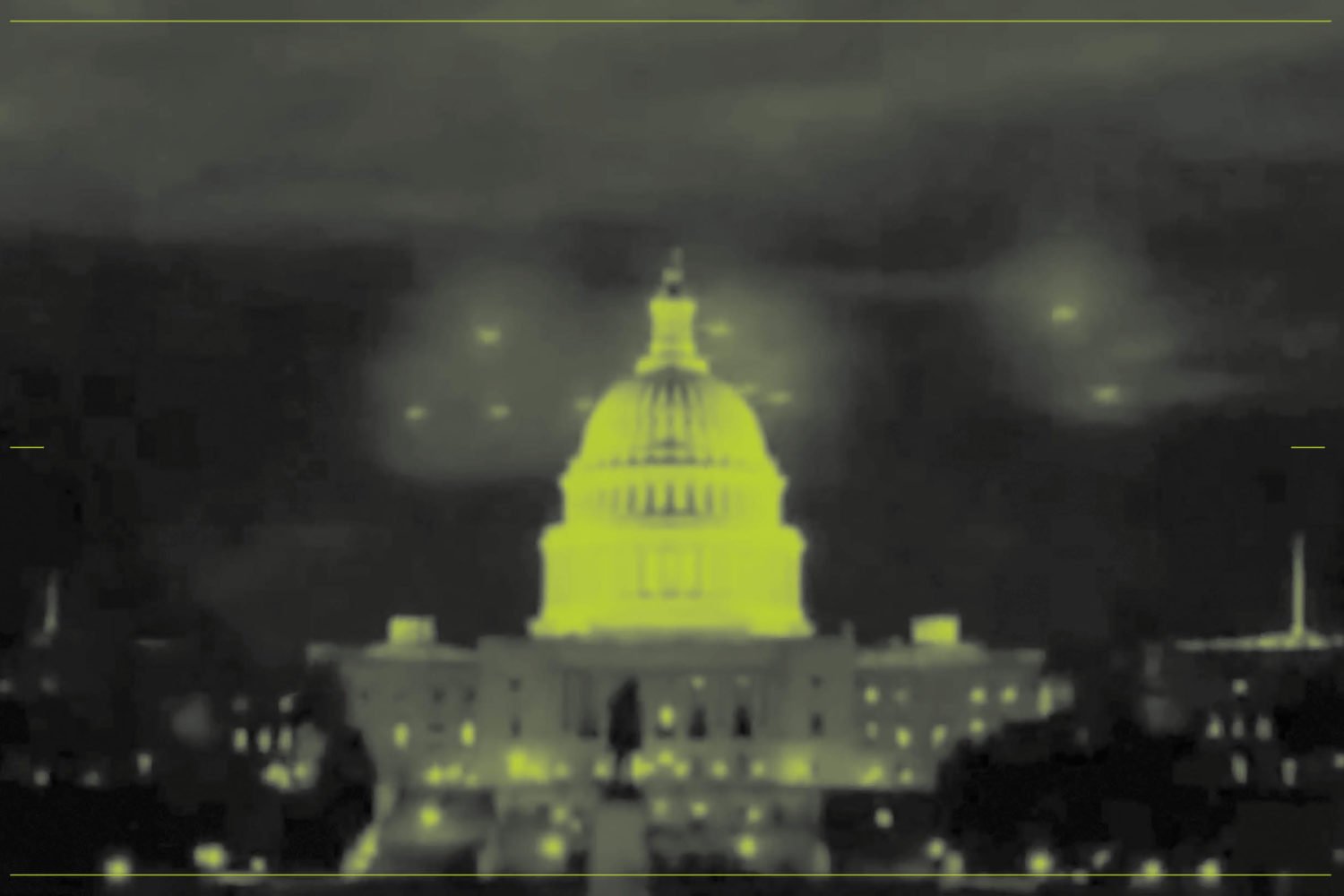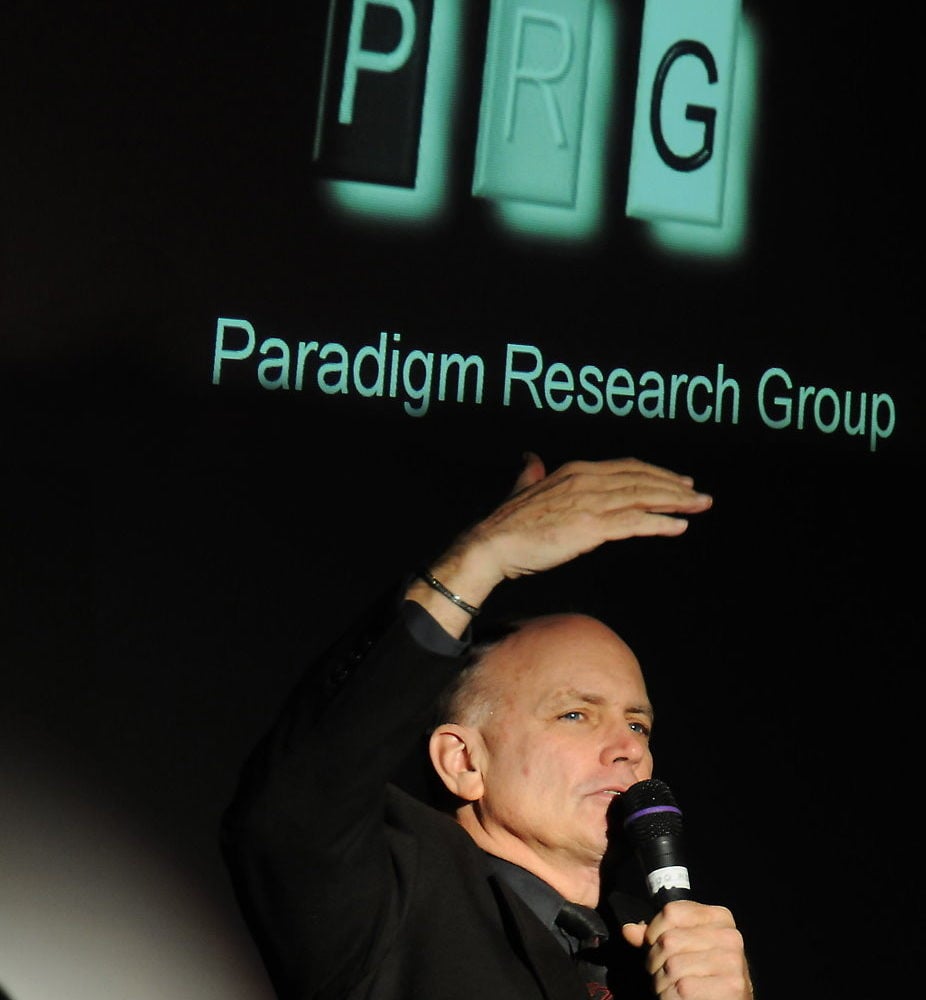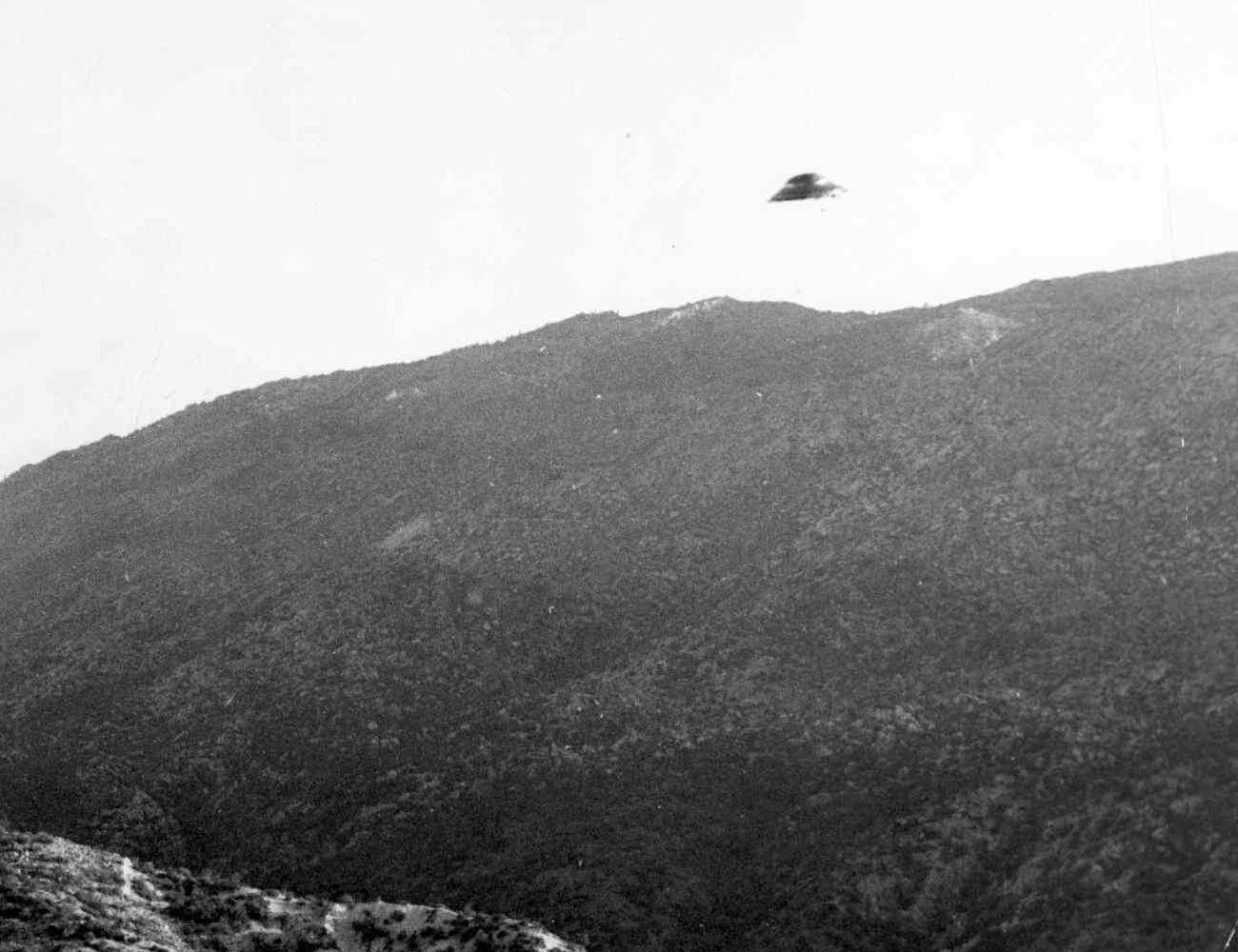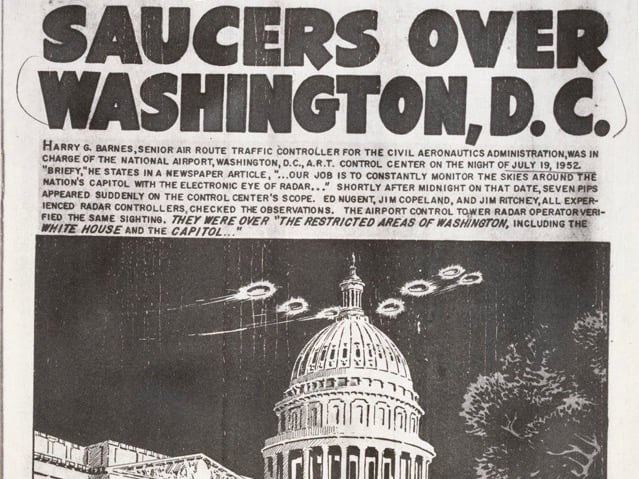In the 11 days since four different airborne objects—one believed to be a Chinese spy balloon, the others of unknown origin—were shot down, Americans have been captivated by the mystery playing out in the sky. Few, however, have been following the developments with more interest than Washington’s UFO lobbyist, Stephen Bassett. Over the past quarter century, Bassett has pushed the federal government to take the issue of UFOs more seriously.
We reached out to Bassett for his thoughts on the airborne objects, the White House’s response to them, and how the news events might impact his agenda in Washington.
On Monday, White House Press Secretary Karine Jean-Pierre said “there is no indication of aliens or extraterrestrial activity with these recent takedowns.” What’s your response to that?
“Think about the language. They’re not saying there is not an extraterrestrial connection. They’re saying there’s no indication yet. So it’s not a false statement, but it does not rule out extraterrestrials at all. So they’re playing this carefully. I get that.
So what do you think these airborne objects are?
“I don’t know. I have theories, but until the government comes forward with information regarding what they’ve seen, plus gun camera footage—which you know they took—plus the wreckage analysis, we can’t know.
“I do know there was a wonderful article in CNN Politics headlined, ‘Debris of downed objects may never be recovered, official warns, as White House tries to tamp down on conspiracies.’ That official is, of course, [National Security Council spokesman] John Kirby. Which is an extraordinary statement to make. I mean, really? When it comes to recovering stuff, we’re really good at it, particularly when we know the exact area where the thing crashed. We recovered the Titanic. We’ve recovered submarines. So the idea that this debris may never be recovered is, of course, utterly ludicrous.
How does the attention surrounding these most recent incidents impact your agenda in Washington?
“It’s turning up the heat for [additional] hearings. It’s also demonstrating the press is ready to jump all over anything like this, which tells the Pentagon, ‘We can’t just keep sitting on this.’ It also says the same thing to the White House.
“Where we’re heading is the real deal, meaning that the Senate Intelligence Committee, the House Intelligence Committee, the Senate Armed Services Committee, and the House Armed Services Committee are going to bring primarily military witnesses to testify about events and evidence. That’s where this has been going; that’s what I want. That’s what we all want. And once those hearings start, we are in the end game [of formal White House confirmation of the presence of extraterrestrials in the universe.]
“Now the second explanation for what’s going on is where it gets interesting. Because we are moving so quickly toward hearings, we’re in the final days of the truth embargo. Have the ETs decided to deliberately slow down some of their drone-type craft so we could shoot them down in order to goose this whole process [of holding additional Congressional hearings] forward? I don’t know. But when I hear things like, ‘We don’t think we can recover the records,’ that gets my attention.
“So this thing is still unknown. It’s unprecedented. It’s exciting. And as long as it advances and increases the intensity and the pressure to get the hearings we’ve been waiting for—the real hearings, the witness hearings—then it’s wonderful.”

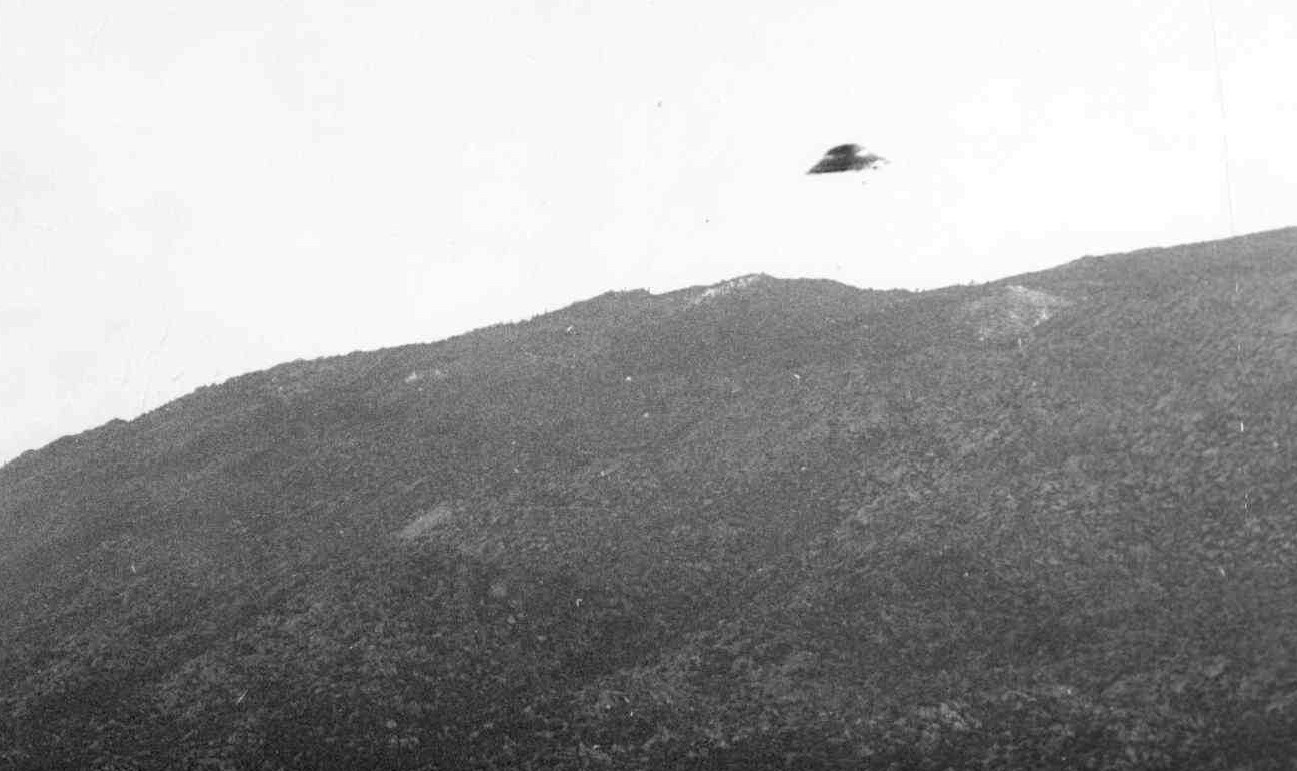
![Luke 008[2]-1 - Washingtonian](https://www.washingtonian.com/wp-content/uploads/2017/10/Luke-0082-1-e1509126354184.jpg)






